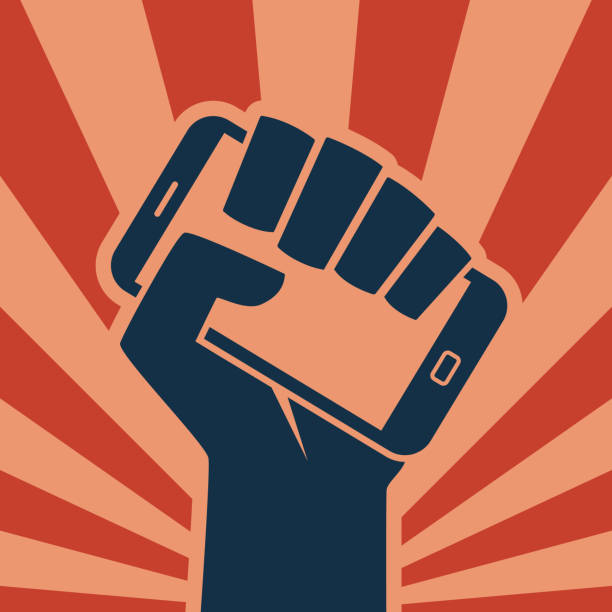The unrelenting and continuously accelerating pace of technological advancement is, in many ways, the almost perfect exemplification of the adage:
Just because you can doesn’t mean you should.
Social media’s impact on the emotional and psychological health of teenagers jumps to mind when considering technology in this context.
But for all of its excesses and unintended consequences, technology exists, and persists, for one reason, and one reason only. Convenience. Historically, human beings have always had an insatiable desire to make their lives easier, starting from the moment cavemen realized using a spear was far more efficient at securing their next meal than was tackling a wooly mammoth.
The practice and profession of public relations is certainly not immune nor exempt from this age-old quest, with the latest incarnation of this phenomenon being AI in general, and ChatGPT specifically.
For PR professionals, ChatGPT represents that double-edged sword of hope and threat that is typical of many technological innovations. It’s something that can make a job far easier, but it can also be the cause of losing it.
But like most quantum leaps forward, it’s the how, not the what, that matters. Just as nuclear fission (with which AI has been somewhat hysterically compared) can both wipe out mankind in a matter of moments but is also capable of providing unlimited, clean energy, it’s how you apply it that makes all the difference.
For PR, the Digital Revolution unleashed profound changes in how information is both conveyed and consumed. For instance, not that long ago, commuters using mass transit could almost monolithically be found hidden behind a physical newspaper on their way to and from work. But today, such a sight is largely non-existent as the smart phone, and its pocket-sized capacity to provide vast amounts of information in multiple digital formats, has become almost an extension of the human arm.
At the core of all of these seismic behavioral shifts that technology has made possible is still the ancient human pursuit of convenience.
Not that there’s anything wrong with that. With convenience often comes efficiency, speed and, potentially if properly deployed, greater productivity. That’s music to the ears of CEO’s and CFO’s the world over.
It thus became the central motivation behind the founding of my company, News Direct. The last 7 of the 32+ years I spent at Business Wire was as its president - a period of time that roughly coincided with the rise to dominance of digital technology. Despite my best efforts from my upper management perch, that dominance was a condition treated internally more as an inconvenient truth rather than as a massive opportunity to de-commoditize the newswire category and set ourselves apart from the calicified status quo.
Externally, however, it became increasingly evident to me that newswire users were questioning why the world was going digital while their newswire remained snugly (and maybe smugly) entrenched in legacy technology, workflows and pricing structures.
Thus, News Direct was conceived and born as a direct reaction to the growing disconnect between newswire customers’ changing needs and demands for a better, of-its-time distribution tool and the newswire industry’s aversion to change.
I would argue, albeit from an entirely non-objective standpoint, that I am one of the very few individuals who could have invented News Direct. Not because of any inherent genius, but rather because I spent decades within the belly of the beast, and only from seeing what I’ve seen for such an extended period can such a diametrically opposite concept emerge. Sometimes you need a fox to run the henhouse because he alone knows how to out-fox the other foxes.
That said, innovation for its own sake has little value other than the egocentric kind it brings to its creator. So instead, we focused on constructing real, ground level, practical benefits that bring tangible, job-enhancing features, functionality, flexibility and financial relief to the long-suffering legacy newswire multitude.
That meant crafting a smart, streamlined platform that utilizes modern technology to enable automation, efficiency, control, security, collaboration, affordability and an expansion of capabilities.
Or, you might say, using innovation to create the opposite of inconvenience.




